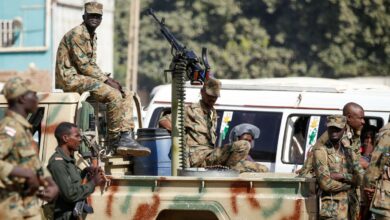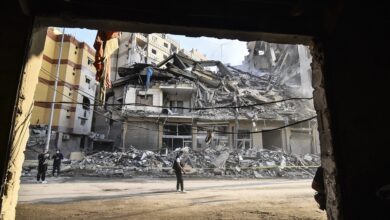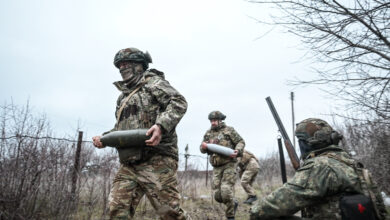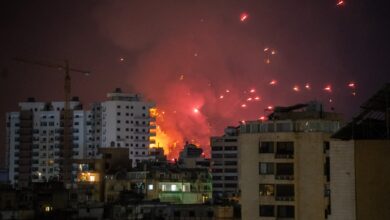FARC Leaders Testify Over Child Soldier Recruitment
Fifteen FARC have been summoned by a special court court over the forced recruitment of minors and other crimes.
Former FARC rebels began testifying Wednesday before a special court over allegations the group recruited thousands of child soldiers to fight its guerrilla war against the Colombian government.
Fifteen leaders of the former Revolutionary Armed Forces of Colombia (FARC) have been summoned by the Special Jurisdiction of Peace (JEP) court over the forced recruitment of minors and other crimes, such as sexual violence, carried out during more than half a century of conflict.
Pablo Catatumbo, a former commander in what was once the most powerful guerrilla group on the American continent, and now a senator of the reformed FARC political party, was the first to appear before the court on Wednesday.
Catatumbo and three other leaders are to be heard in a closed-door session of the court, a JEP official said, adding that further hearings would be held by teleconference because of the coronavirus pandemic.
Catatumbo said in a video broadcast on social media before his appearance that he would testify “out of respect for the truth, the victims.”
“We will come in peace, to tell the truth about this painful case of the involvement of minors in the armed conflict,” he said.
The senator is one of eight members of the former guerrilla movement to take up a seat in parliament as part of the 2016 peace agreement that ended the conflict.
Ingrid Betancourt was kidnapped in 2002 and spent 6.5 years deep in the Colombian jungle, a prisoner of FARC rebels – an experience she can draw on during the #coronavirus lockdownhttps://t.co/jVMVm9hBVa pic.twitter.com/WTvuDR20wg
— AFP News Agency (@AFP) May 2, 2020
FARC and other armed groups recruited thousands of peasant farmers, many of them minors, during the conflict.
Preliminary JEP reports suggest around 8,000 children or adolescents volunteered or were forced to join the armed groups.
The JEP was set up to try former combatants and hand out alternative sentences to prison time if they confess their crimes, compensate victims, and pledge never to resort to violence again.
They risk being tried in ordinary criminal courts if they fail to keep their commitments.
FARC leader Rodrigo Londono has on several occasions told the media that those who signed up with the guerrillas were all volunteers.












